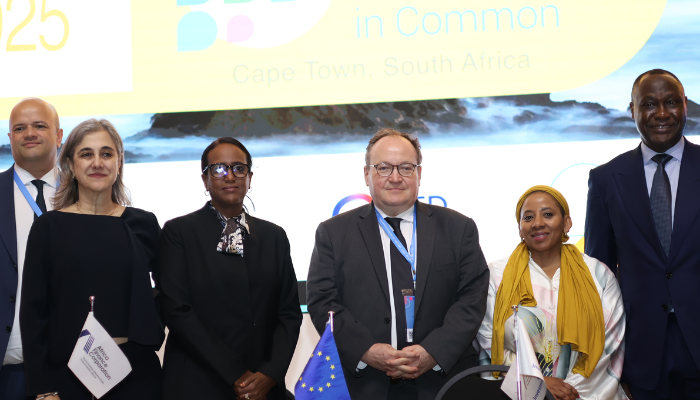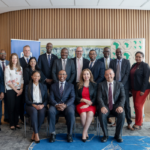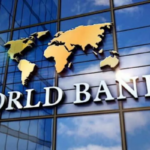The European Investment Bank (EIB) has partnered with the Africa Finance Corporation (AFC) to support a $750 million Infrastructure Climate Resilient Fund (ICRF). This initiative aims to accelerate climate adaptation and sustainable infrastructure projects across Africa.
The EIB has confirmed an investment of $52.48 million in the Fund, which is managed by AFC Capital Partners (ACP), AFC’s asset management arm. ACP has secured a $253 million commitment from the Green Climate Fund (GCF), marking GCF’s largest equity investment in Africa. Other contributors include the Nigeria Sovereign Investment Authority (NSIA) and two African pension funds, reflecting strong institutional support.
Read also: Kholo Capital Mezzanine Debt Fund I secures R1,4 bn in final close
Addressing climate vulnerability through infrastructure
The ICRF seeks to integrate resilience measures at all stages of infrastructure development. Using blended finance to mitigate risks for private investors, the Fund incorporates climate risk parametric insurance to reduce potential losses from climate-related events. It will also provide technical assistance for climate risk assessment and adaptation.
At the Finance in Common Summit (FICS) in Cape Town, EIB Vice-President Ambroise Fayolle stated, “The EIB is committed to supporting private sector investment in climate-resilient infrastructure, especially in regions most vulnerable to climate change. This partnership with the Africa Finance Corporation and the launch of ACP’s Infrastructure Climate Resilient Fund are a significant step towards accelerating Africa’s green and digital transition and ensuring a sustainable future for all.”
AFC’s President & CEO, Samaila Zubairu, highlighted the Fund’s importance, stating, “This Fund is crucial for bridging the funding gap for climate adaptation in Africa. By focusing on climate-resilient infrastructure, we are not only securing our economic future but also creating opportunities for sustainable growth and supporting job creation across the continent.”
Read also: SolarAfrica secures R1.8 bn investment for SunCentral project
Strategic partnerships and investment goals
The Fund is built on collaboration between the EIB, AFC, and GCF. By leveraging their expertise and capital, the initiative is expected to mobilise up to $3.7 billion in total financing. The GCF will provide technical assistance and cover first-loss tranches on investments, reducing risk for other investors.
The Fund will focus on infrastructure capable of withstanding climate impacts while reducing carbon emissions. Key areas of investment include transport and logistics, clean energy, digital infrastructure, and industrial development. ACP will conduct rigorous climate risk screenings and assessments for every project to ensure long-term resilience.
Read also: UN allocates $5m for anticipatory flood response in Nigeria
Projects and economic impact
The Fund aims to finance 10 to 12 projects across Africa. It will support capacity building for climate risk assessment and adaptation. One of the key projects in the pipeline is the Lobito Corridor, a major trade and logistics route connecting Angola, the Democratic Republic of Congo (DRC), and Zambia. The project is expected to improve the transportation of minerals, agricultural goods, and other commodities while reducing reliance on congested export routes.
Alongside the European Union, the United States Government, and the African Development Bank, AFC is leading efforts to develop the corridor with climate resilience in mind. The ICRF will also support other transport, clean energy, and digital infrastructure projects aimed at attracting institutional investment and addressing Africa’s infrastructure gap.
The Fund’s investments will align with Environmental, Social, and Governance (ESG) standards, including gender equality and non-discrimination policies. It will also incorporate climate risk insurance to strengthen financial protection for investors.
By aligning with EU strategies, the African Union’s Agenda 2063, and the UN Sustainable Development Goals, the Fund aims to support African countries in achieving their climate commitments while fostering long-term economic growth and development.










